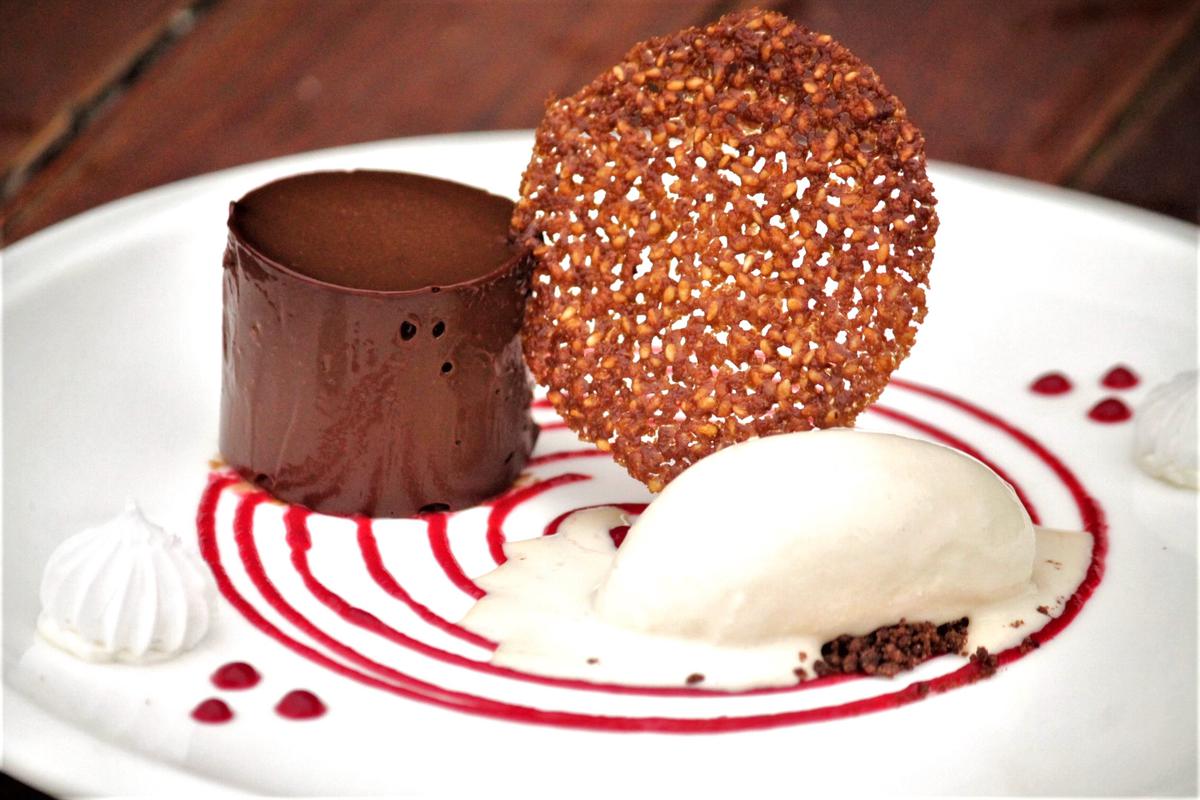The run-up to Valentine’s day in Chennai already has bars and restaurants in a tizzy. Red balloons are being mounted on the walls of clubs, promotions are being announced, roses are being pruned.
The day however has not been easy for members of the queer community to celebrate. About 10 years ago around the same time, Chennai-based fashion choreographer Karun Raman says that he was physically assaulted at a club in the city, for his sexuality.
“Today however, I can see a 50-50 change. Some places are more accepting of the queer community than others. I can now enter a club with a gajra (flowers) in my hair. That wasn’t possible before,” he says.
This incident is not isolated. Several other interviewees also recount instances of their personal boundaries being regularly violated while stepping out for a drink with friends or while being out on a date. While Chennai’s bars and clubs still struggle with understanding ‘couple entry’ outside of its heteronormative definition, we speak to representatives from hotels and restaurants who tell us how they have made their spaces inclusive to members of the queer community.
Unlearning
At the Social chain of bars, which has an outlet in Chennai’s Express Avenue mall, the staff undergoes regular and expansive inclusivity training to accommodate same-gendered couples, members of the LGBTQIA+ communities and disabled people.
Pearl Daruwalla, manager, Diversity and Inclusion at Impresario Handmade Restaurants which runs the chain of bars across India, says that besides training for staff at their corporate offices, on-ground training for staff through sensitisation and awareness has helped create a brand that is inclusive.
“We have also educated our staff about entry policies regarding same-gendered couples as we accommodate people from across the spectrum,” she says.
She adds that the organisation has been setting up exclusive queer events like the Satrangi Mela since 2020, which is an all-inclusive, day-long queer festival celebrating art, music, and sexuality. “This year’s edition is in Bengaluru on February 18 but it will soon be held in Chennai too,” Pearl adds.
Restaurateur Japtej Ahluwalia who runs the Origin bar in Palavakkam besides other restaurants in the city says that their sit-down bar offers an inclusive space for conversation unlike other bars and clubs which tend to have dance floors. “It’s an unwinding sort of place. The last thing that one needs to think about is whether one’s sexuality is going to stop them from entering. We welcome and treat all guests equally,” he says.
Journalist and activist Romal Lāisram says that despite Chennai having become more accommodative recently, the city still has a long way to go in ensuring equal treatment of the queer community.
He says that it is common for straight-passing queer people to be admitted into these establishments but those from the transgender community, or others who cross-dress, wear makeup or drag are still disallowed from entering popular clubs and bars as they are stopped at the gate.
Karun says that more often than not, an outing of members of the queer community, often ends up in an unfortunate incident. “Unsolicited touch or lewd remarks are common. Sometimes, people harass the women friends we come with. We are not allowed entry. I was recently disallowed from using a restroom at a popular bar in Bengaluru. The proprietor may walk at a pride march with us but their on-ground staff may not have the same level of awareness,” he says.
In order to avoid untoward incidents, hotels like the The Park in Chennai which has hosted a number of events including fashion shows and ‘pink nights’ in the past, is taking extra steps to accommodate queer guests, says Darshini Ashok, director, public relations, The Park. “We’ve encouraged the entry of people from across the spectrum including transgender people who may often feel stigmatised or outnumbered. We have had patrons from the LGBTQIA+ communities who have frequented the Leather Bar and Pasha, our club, for many years. Our staff — both experienced and novice — are provided sensitivity training periodically on how to treat all guests with dignity,” she says.
Fashion Friday at The Park, Chennai called ‘ONE LOVE’ in celebration of section 377 being revoked held in 2021.
Sunil Menon, fashion designer and founder of Chennai-based Sahodaran, an organisation working for the rights of sexual minorities, says that when he steps out with friends on rare occasions, he has had no problems with entry into places like Dank in T Nagar or The Thief in Nungambakkam.
Karun Raman says that he has visited Black Orchid, Barracuda Brew and more recently, Sekhmet, where bouncers and staff have not harassed members of the community.
An anonymous source also says that underground gay parties happen in the city every weekend at a hotel in T Nagar. “As long as nobody solicits or misbehaves, everyone has a good time,” the source says.
Slow shift
Romal says that in order for establishments to begin accepting the queer community, they must come to recognise that they can benefit economically from ‘pink money’. “Members of the queer community from a higher economic background tend to have more disposable income as we cannot legally adopt children or marry just yet. Establishments can choose to capitalise on this by using our pink money and providing us a safe and inclusive space in return,” he says.
This is common in other metro cities in India such as Mumbai and Bengaluru, he says.
Karun Raman says that organisations that host events for the community in particular will encourage more presence of the community in spaces like cafes and bars. It will lead to interaction and subsequently awareness, he says.
Sunil Menon and Romal both echo that the queer community which presents a dignified and united front will help in ensuring that they aren’t stopped at the door.






